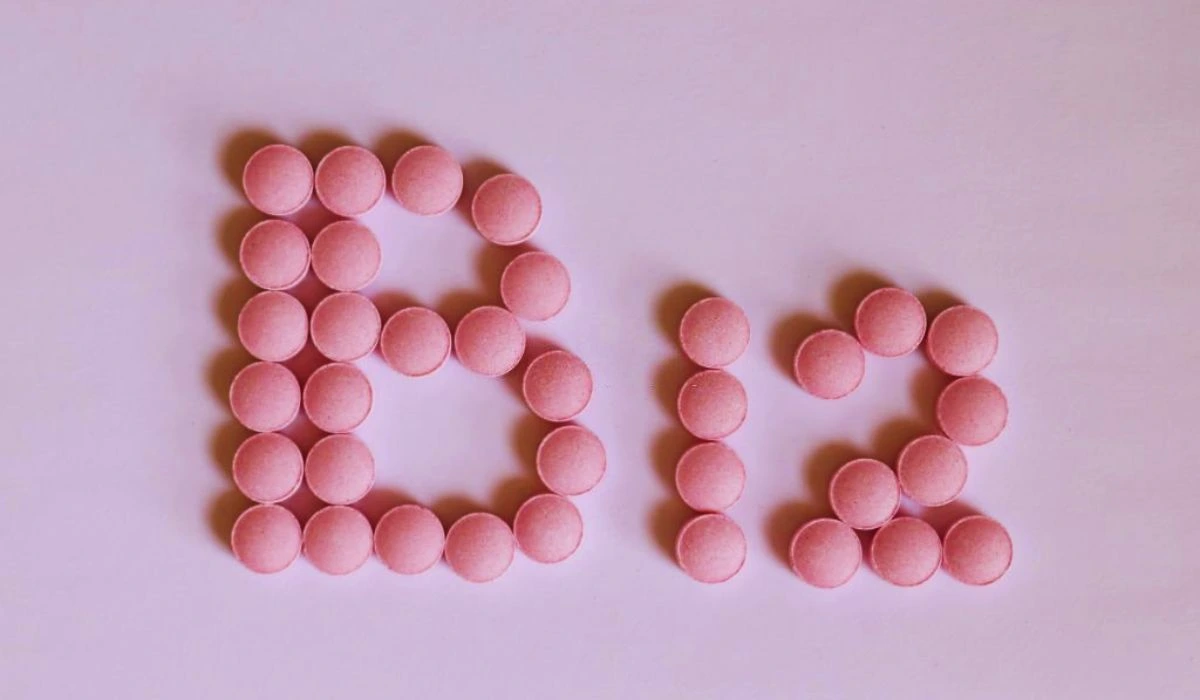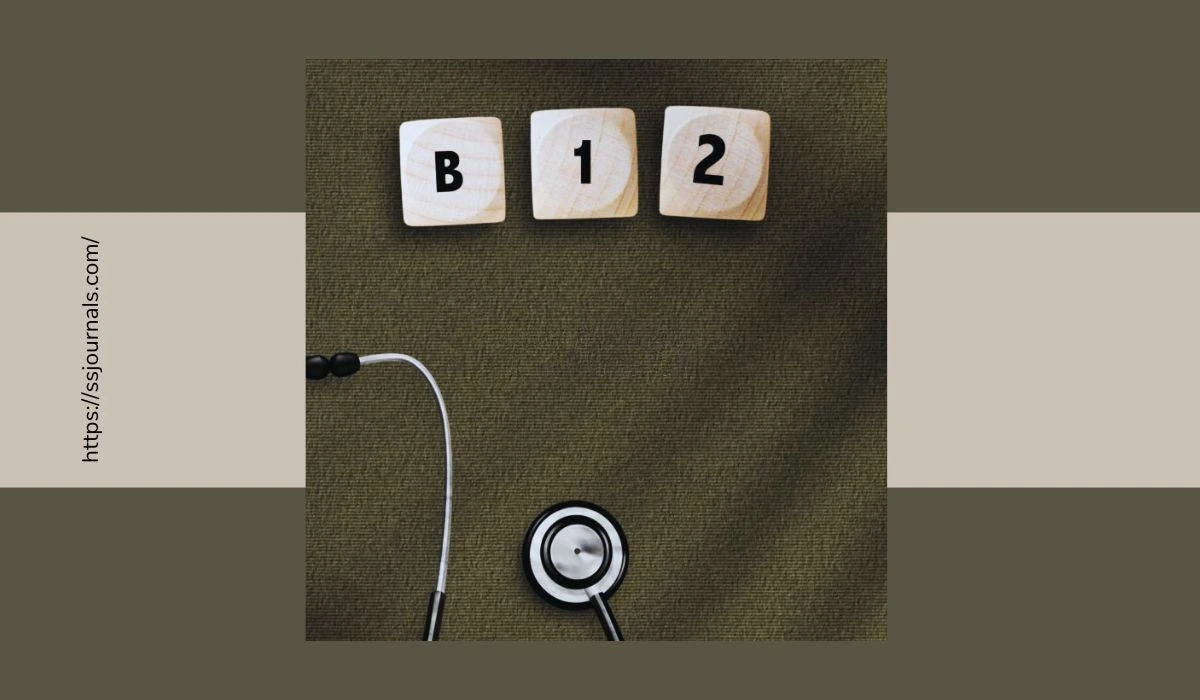Vitamin B12 is an essential nutrient that plays a vital role in many bodily functions. Also known as cobalamin, it helps make DNA, produce red blood cells, maintain healthy nerve function, and more. Vitamin B12 also works closely with folate to help utilize iron and make red blood cells.
Our bodies can’t produce vitamin B12 on their own, so we must obtain it from animal-based foods or supplements. A deficiency can cause serious health issues over time. Let’s explore the many benefits of getting enough vitamin B12 and how much you need each day.
Vitamin B12 Benefits

There are a wide variety of reasons why our bodies require adequate vitamin B12 intake. Here are some of the top vitamin B12 benefits:
- Nerve and brain function – Vitamin B12 helps maintain myelin, the protective covering around nerves. It’s also needed to produce neurotransmitters that relay signals between nerve cells. A deficiency can lead to neurological issues.
- Red blood cell formation – Vitamin B12 is necessary for the production of red blood cells and DNA synthesis. It helps prevent megaloblastic anemia caused by inadequate red blood cells.
- Energy levels – B12 plays a role in energy metabolism pathways. Getting enough helps combat fatigue and cellular dysfunction when oxygen delivery is impaired.
- Heart health – Vitamin B12 may help lower homocysteine levels, a marker associated with heart disease risk. It also appears to protect against plaque buildup in arteries.
- Bone health – By aiding bone cell regeneration and calcium absorption, vitamin B12 may help prevent osteoporosis and bone fractures.
- Eye health – B12 intake is linked with a reduced risk of age-related macular degeneration. It may also prevent glaucoma and slow vision loss.
- Pregnancy health – Expectant mothers need vitamin B12 to support fetal growth and development. It may help prevent birth defects like spina bifida.
Given its diverse roles in areas like red blood cell formation, neurological function, bone health, and energy metabolism, getting sufficient vitamin B12 is essential for overall health and well-being.
Vitamin B12 Dosage Recommendations
The recommended dietary allowance (RDA) for vitamin B12 varies based on your age and gender:
- 0 to 6 months: 0.4 mcg
- 7 to 12 months: 0.5 mcg
- 1 to 3 years: 0.9 mcg
- 4 to 8 years: 1.2 mcg
- 9 to 13 years: 1.8 mcg
- 14+ years: 2.4 mcg
- Pregnant women: 2.6 mcg
- Breastfeeding women: 2.8 mcg
The median intake of food and supplements is around 3.4 mcg per day for adults. This meets the basic RDA, but higher doses may be optimal for additional benefits.
Many experts suggest supplementing with vitamin B12 in the range of 25-100 mcg per day, especially as you get older. Absorption decreases with age, so getting well above the RDA ensures you utilize enough. Always talk to your doctor before taking high-dose supplements.
Natural Food Sources Of Vitamin B12
You can obtain vitamin B12 from both animal-source foods and fortified foods:
- Beef liver – 148 mcg per 100 grams
- Trout – 5.4 mcg per 100 grams
- Salmon – 4.8 mcg per 100 grams
- Tuna – 2.5 mcg per 100 grams
- Eggs – 1.1 mcg per large egg
- Milk – 1.2 mcg per cup
- Yogurt – 1.4 mcg per 6 ounces
- Fortified cereals – 3-6 mcg per serving
- Nutritional yeast – 1-2 mcg per tablespoon
Vegans may need supplements or fortified foods, as vitamin B12 is primarily found in meat, eggs, dairy, and seafood. Absorption from supplements is just as effective as from natural food sources.
Conclusion
Vitamin B12 plays a crucial role in areas like the nervous system, red blood cell formation, DNA synthesis, energy levels, heart health, pregnancy, and more. It’s essential to consume adequate amounts daily either through animal foods, fortified foods, or supplements.
Talk to your doctor if you have symptoms of vitamin B12 deficiency, such as fatigue, neurological problems, or frequent infections. With testing, you can determine if supplementation at higher dosages makes sense for your health needs.
FAQs
Ans: Yes, vitamin B12 is not naturally abundant in plant foods. Vegans should definitely supplement vitamin B12 or consume fortified foods regularly to avoid deficiency. Vegetarians who eat eggs and dairy may get enough from their diet alone.
Vitamin B12 is considered very safe, even in larger doses. Since it’s a water-soluble vitamin, any excess is generally excreted in urine. High doses haven’t demonstrated toxicity or serious side effects in research.
For those with a diagnosed deficiency, vitamin B12 injections can correct that deficiency and help improve energy over time. But there’s no good evidence that B12 shots provide an energy boost for those without a deficiency.
Symptoms may include fatigue, pale skin, neurological changes like numbness and tingling, digestive issues, depression, poor memory, breathlessness, and elevated homocysteine levels.
While vitamin B12 plays a role in metabolism, there is no evidence that high doses lead to meaningful weight loss. Get sufficient B12 through a balanced diet and supplements if needed based on lab work.

